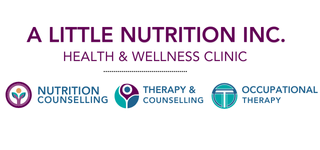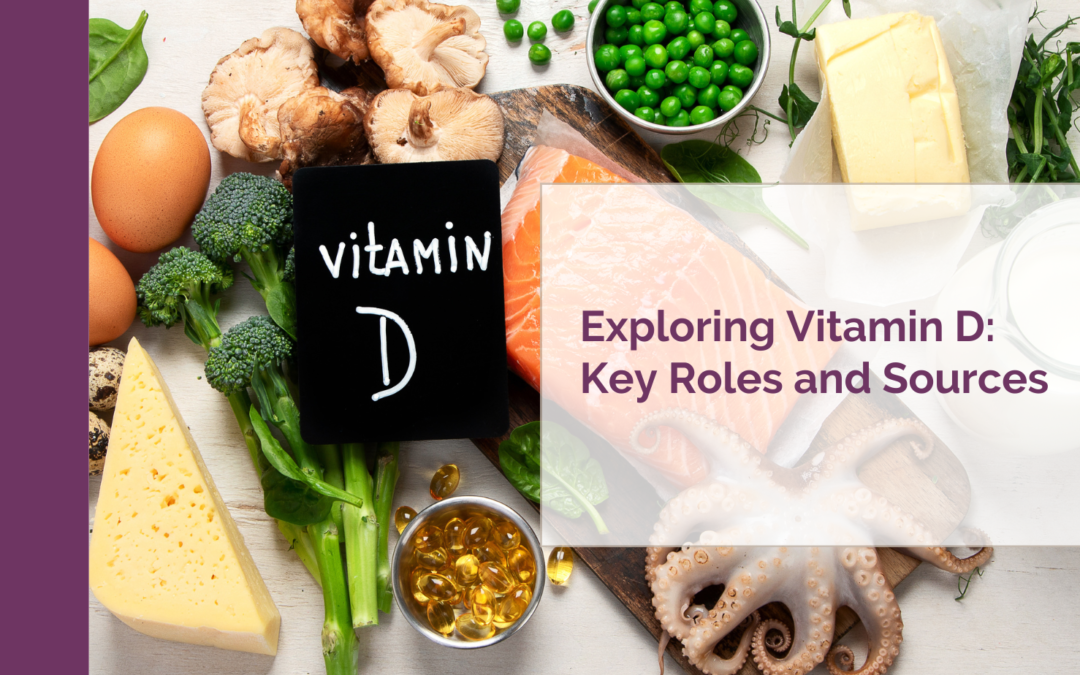Vitamin D is crucial for our health and is often called the “sunshine vitamin” because our bodies synthesize it through sunlight exposure. It is essential for maintaining healthy bones, enhancing immunity, and more.
Ready to learn how this vital nutrient functions? Let’s dive in!
What is Vitamin D?
Vitamin D is a fat-soluble vitamin stored in our fat tissues and gradually utilized by the body over time. Fun fact—it acts more like a hormone than a typical vitamin because our bodies can produce it with a bit of sun exposure. It affects various organs and systems, making it essential for overall well-being.
Two Main Types:
- Vitamin D2 (ergocalciferol): Found in plants and some fortified foods.
- Vitamin D3 (cholecalciferol): Produced during skin exposure to sunlight and found in animal sources, it’s more effective at raising blood vitamin D levels.
How Vitamin D Works in the Body
Vitamin D needs to go through two transformations to work its magic:
- Step 1: The liver converts vitamin D into calcidiol, the form measured in blood tests.
- Step 2: In the kidneys, calcidiol becomes calcitriol, the active form. Calcitriol acts like a hormone, signaling the intestines, bones, and other cells to maintain proper calcium and phosphate levels—which are crucial for healthy bones and muscle function.
Why is Vitamin D Important?
Bone Health
- It helps absorb calcium in the gut.
- It prevents bones from becoming thin, brittle, or misshapen.
Immune System
- Activates T-cells—the immune system’s “attack” cells—to fend off pathogens.
Mood and Mental Health
- Linked to serotonin, affecting mood regulation.
- Low levels are associated with depression.
Muscle Strength and Balance
- Necessary for muscle function.
- Deficiency can cause muscle weakness, especially in older adults.
Chronic Disease Prevention
It may lower the risk of heart disease, diabetes, and certain types of cancer.
How Much Do You Need?
General guidelines recommend:
- Infants (0-12 months): 400 IU/day
- Children (1-18 years): 600 IU/day
- Adults (19-70 years): 600-800 IU/day
- Older Adults (70+ years): 800 IU/day
Some experts suggest higher levels (1,000-2,000 IU/day) may be beneficial, especially during winter.
Sources
Vitamin D is unique because it comes from multiple sources:
Sunlight
- UVB rays trigger vitamin D3 production in the skin.
- Factors like latitude, season, time, and skin pigmentation affect production.
Food Sources
- Fatty fish (salmon, mackerel, sardines)
- Cod liver oil
- Egg yolks
- Fortified foods (milk, orange juice, and cereals)
Supplements
Consider taking supplements if you live in an area with limited sun exposure.
- D3 is usually more effective than D2.
Deficiency and Its Effects
Vitamin D deficiency is prevalent, particularly in regions with limited sunlight exposure. Common symptoms include:
- Bone Disorders: Rickets in children, osteomalacia, and osteoporosis in adults.
- Infection Risk: Weakened immune function increases susceptibility to illnesses.
- Fatigue and Low Mood: Common among those with low vitamin D.
- Muscle Weakness and Pain: Affects balance and mobility, especially in older adults.
Testing for Adequate Levels
Your doctor can check your vitamin levels through a blood test measuring 25-hydroxyvitamin D (25(OH)D). Optimal levels range from 30 to 50 ng/mL (or 75-125 nmol/L), although some guidelines suggest higher levels.
Risks of Too Much
Over-supplementation can lead to toxicity, though it’s rare from sunlight or food alone. Symptoms include:
- Hypercalcemia: High calcium levels, nausea, vomiting, and serious issues like kidney stones.
- Kidney Damage: Calcium deposits can harm kidneys. Staying below 4,000 IU/day is generally safe unless advised otherwise by a healthcare provider.
Seasonal Affective Disorder (SAD)
SAD is a type of depression occurring in winter with reduced sunlight. Vitamin D may play a role in affecting serotonin levels in the brain. Low serum levels could increase SAD risk, and some studies suggest supplementation may improve mood.
Current Research
Exciting research areas include:
- Cancer Prevention: Possible reduction in colon, breast, and prostate cancer risk.
- Heart Health: Adequate vitamin D may lower hypertension, heart attack, and stroke risks.
- Autoimmune Diseases: Potential to reduce multiple sclerosis and rheumatoid arthritis risks.
Myths and Facts
Let’s bust some common myths:
- Myth: You can’t overdose on vitamin D.
- Fact: Overdose can occur with high supplement doses.
- Myth: Everyone needs a vitamin D supplement.
- Fact: Some may not need supplements if they get enough sun or dietary vitamin D.
- Myth: Darker-skinned people don’t need supplements.
- Fact: Higher melanin can reduce vitamin D production, sometimes requiring supplements.
Quick Recap
- What it is: A fat-soluble vitamin essential for bone health, immune function, and more.
- How it works: Converted in the liver and kidneys into its active form.
- Sources: Sunlight, certain foods, and supplements.
- Deficiency: Linked to bone issues, weakened immunity, and mood disturbances.
- Safety: Avoid excessive supplementation to prevent toxicity.
Vitamin D is a vital nutrient with significant impacts on our health. Whether obtained through sun exposure, dietary sources, or supplements, maintaining adequate levels is essential for staying healthy and vibrant. Ensure your daily intake of this important sunshine vitamin.
Explore More: Inflammation
Are you ready to take the next step?
GET IN TOUCH






